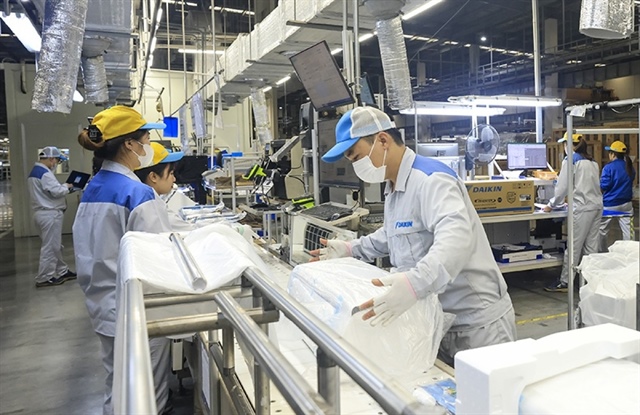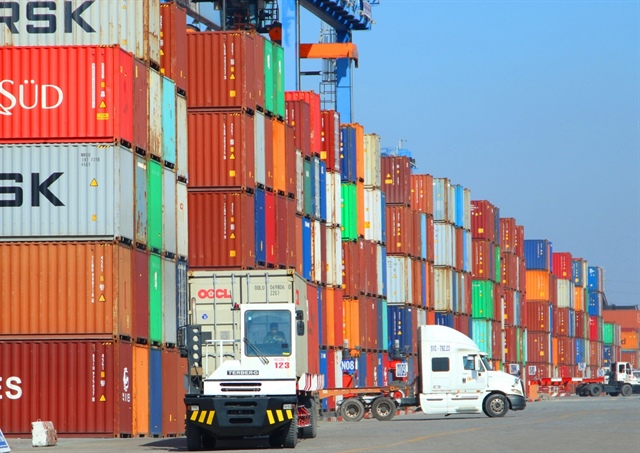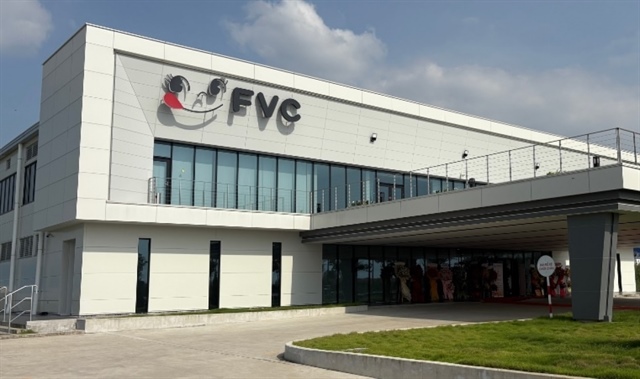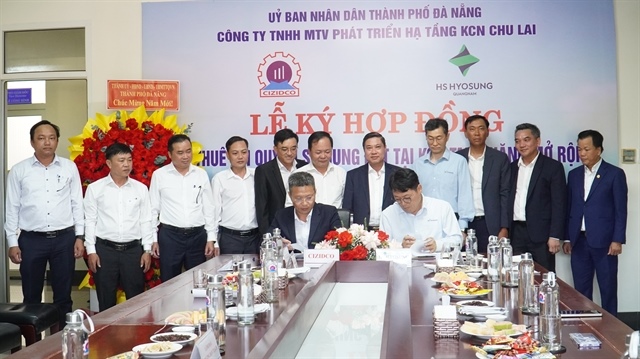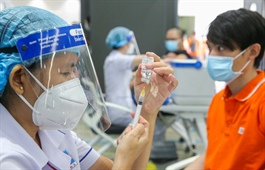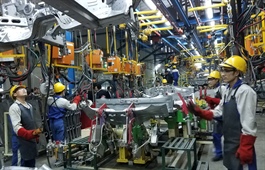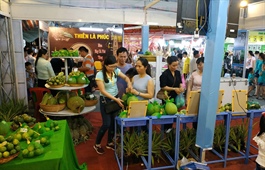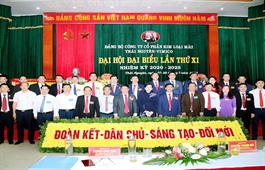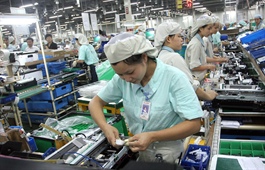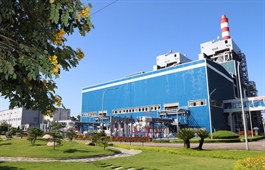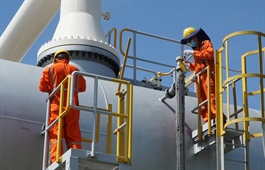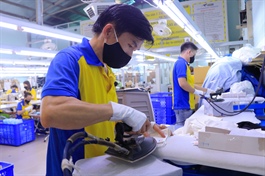Hanoi seeks sustainable trade connection with localities
Hanoi seeks sustainable trade connection with localities
The number and the scale of supply chains of safe agro-forestry-fishery products with traceability in the city in the 2021-2025 period are expected to increase by 10% per year.
Hanoi will boost cooperation with provinces and cities nationwide in the production, consumption, and commercial promotion of agro-forestry-fishery goods to meet the needs of local consumers and for export in the next period.
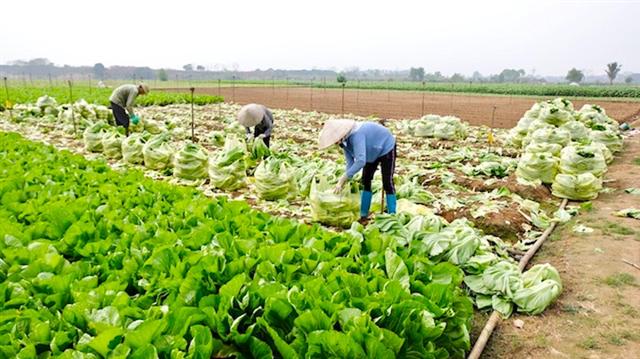
Hanoi's farmers are harvesting vegetables during social distancing. HNT Photo: Trong Tung |
Tran Thi Phuong Lan, Acting Director of the municipal’s Department of Industry and Trade, said this trade connection will start from the growing area to the distribution system of each locality, business, and items that will ensure production and consumption sustainability in the future.
Lan also gave an example when Hanoi implemented social distancing rules due to Covid-19, some supply chains were broken but the circulation of quality food was still ensured thanks to the effective cooperation among cooperatives, businesses, and distributors.
"Businesses and localities in the supply chain of agricultural products and food should meet food safety standards, thereby improving the quality of chains, diversifying connection channels," Lan said.
The city also strives to build growing areas with codes towards product branding in the coming time, she added.
According to Deputy Minister of Agriculture and Rural Development Tran Thanh Nam, the demand for food for the city’s roughly 10 million people is very large, while supply has only met 35% of this demand.
Nam was speaking at an online conference held last week to seek feedback on a draft of a cooperation program on “Ensuring food safety, improving the quality of agro-forestry-fishery goods between Hanoi and other localities in the 2021-25 period”.
He added it is necessary to enhance trade links for the production and consumption of farm produce with provinces and cities, especially in the high shopping seasons like the end of the year and the Lunar New Year.
In the 2021-25 period, the number and the scale of supply chains of safe agro-forestry-fishery products with traceability will increase by 10% per year. Among them, seven safe agro-forestry-fishery supply chains will undergo a pilot upgrade to a sustainable value chain according to international standards, and the number of product chains would surge by 200% per year.
Sharing views about the draft, some representatives from provinces and cities said Hanoi needs to have a plan to tightly regulate product demand and output.
A report from the Lao Cai Provincial Department of Agriculture and Rural Development shows that the northern province has 80 agricultural product chains, 92 items under the One Commune One Product (OCOP), and 63 products certificated with geographical indications and collective labels.
Le Tan Phong, Deputy Director of the provincial Department of Agriculture and Rural Development, said, by 2030 with a vision to 2050, the northern province will promote the development of processing agricultural products to supply Hanoi and other localities such as tea, pineapple, bananas, and medicinal plants.
Currently, Lao Cai has two farms produce showrooms in Lao Cai City and Sa Pa Town. Besides working with Hanoi to ensure the consumption of agricultural products, Phong requested Hanoi to coordinate in building material areas, managing traceability, and ensure the quality of agricultural products before distributing.
Phong also suggested that businesses and retailers need to be more responsible and engage with localities to support farmers in packaging, labels, and shipping.
From a perspective of the Central Highlands province' authority, Vice Chairman of Lam Dong Provincial People's Committee Pham S said though the locality has a number of agricultural specialities such as vegetables and fruits, 140 Kobe cows with monthly output of 1.5 tons, there is a shortage of key businesses that help them get access to the distribution network in Hanoi.
Pham S suggested the city's leaders should organize regular forums to connect agricultural products among provinces and cities.
A representative from the Department of Agriculture and Rural Development of the southern province of Dong Thap said the province would focus on the sustainable development of quality products such as rice, citrus, and OCOP items. It will promote traceability, issue codes of farming areas to improve product quality.
He said that it is necessary to strengthen training for the workforce in food safety.
“More meetings between provinces, cities, and Hanoi should be carried out to understand specifically the market and needs of each type of agricultural product and food,” he said.
According to Deputy Chairman of the Hanoi People's Committee Nguyen Manh Quyen, Hanoi and 21 northern provinces and cities, in the 2015-20 period, built 786 safe food supply chains (accounting for 48% of the whole country) such as: Hoang Long Cooperative, Organic Green pork, chicken eggs of Tien Vien JSC, and Kinoko Thanh Cao mushroom.


